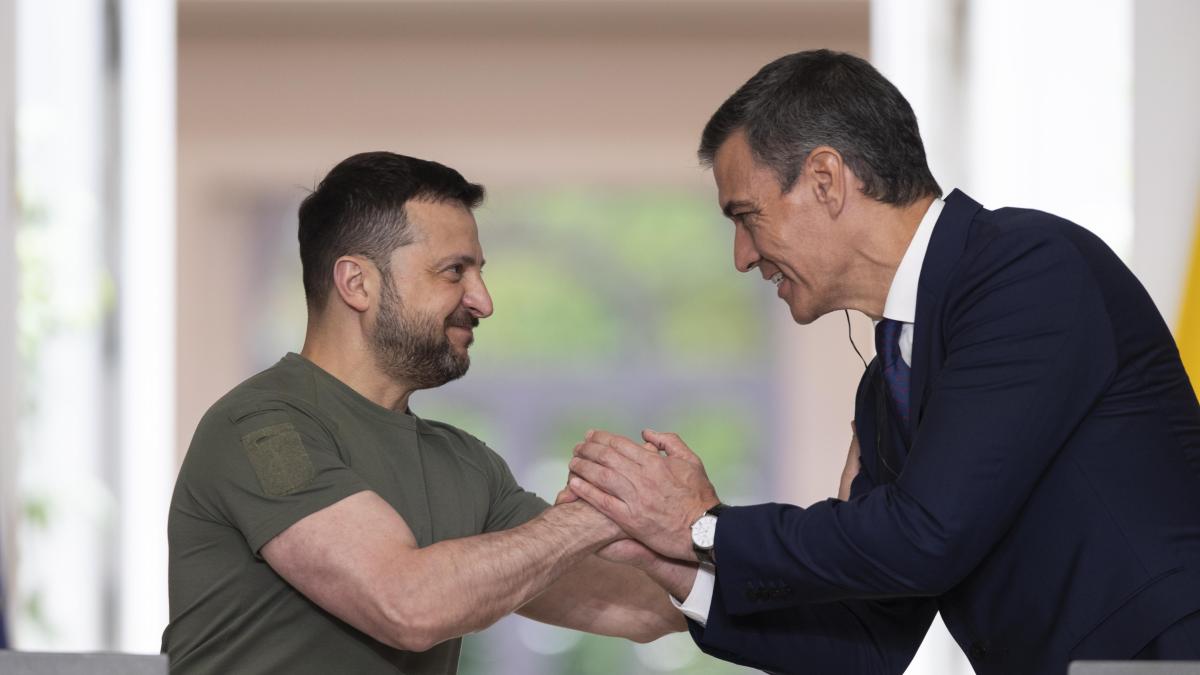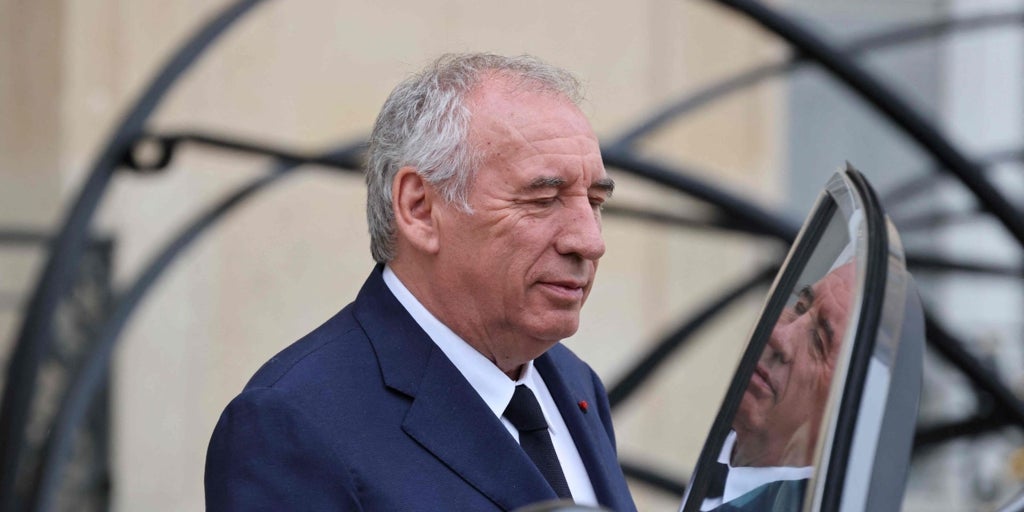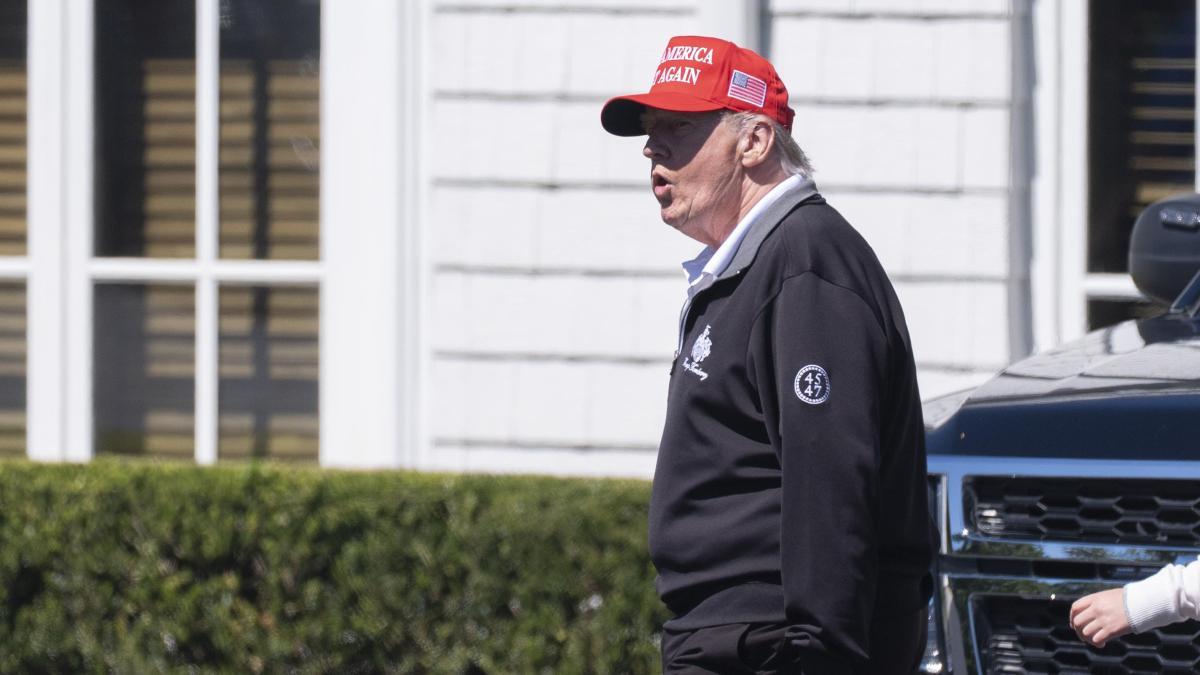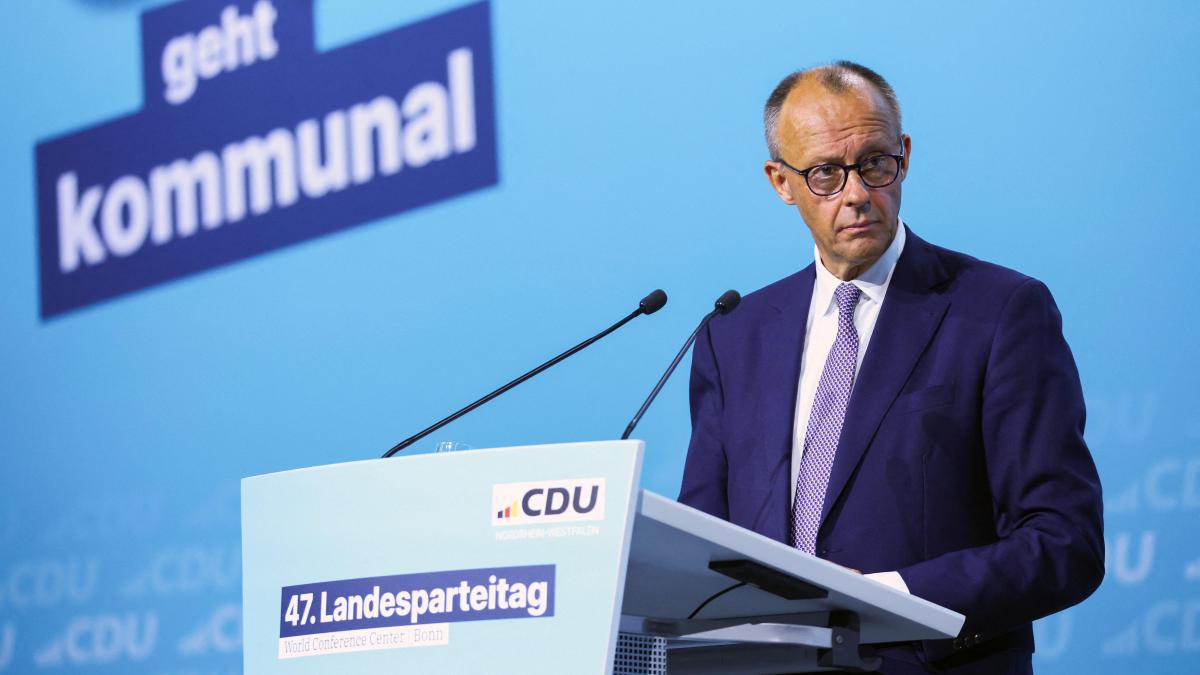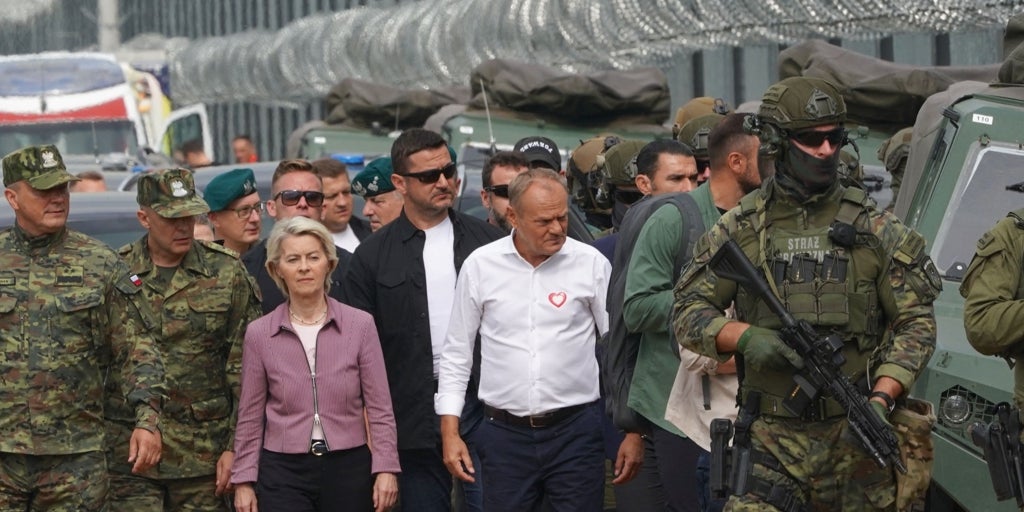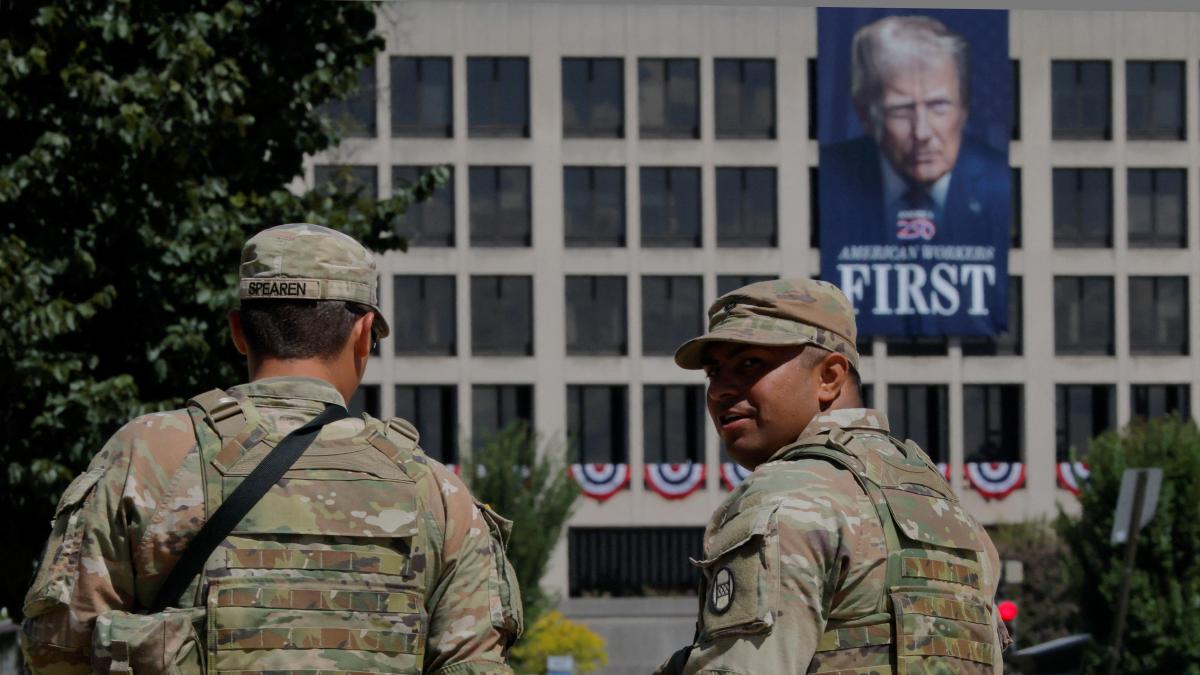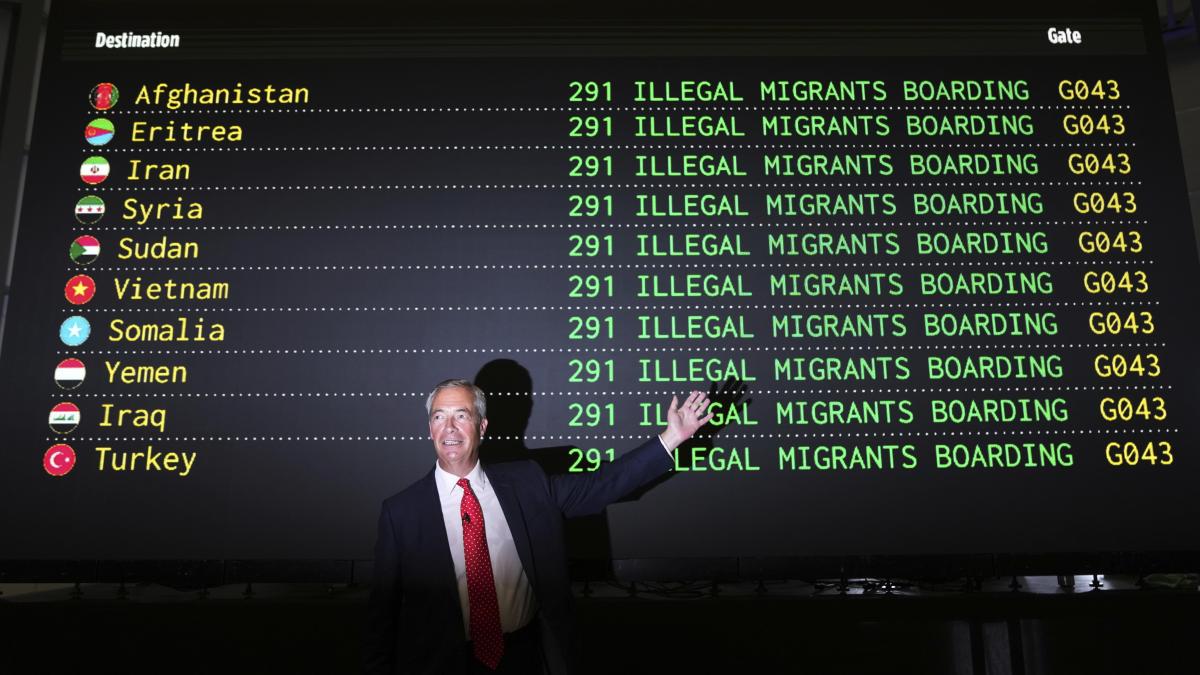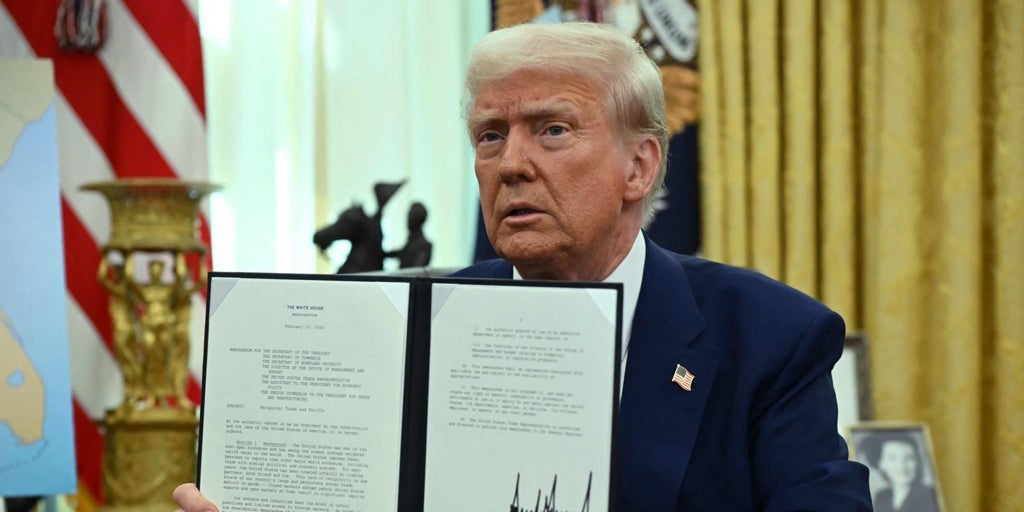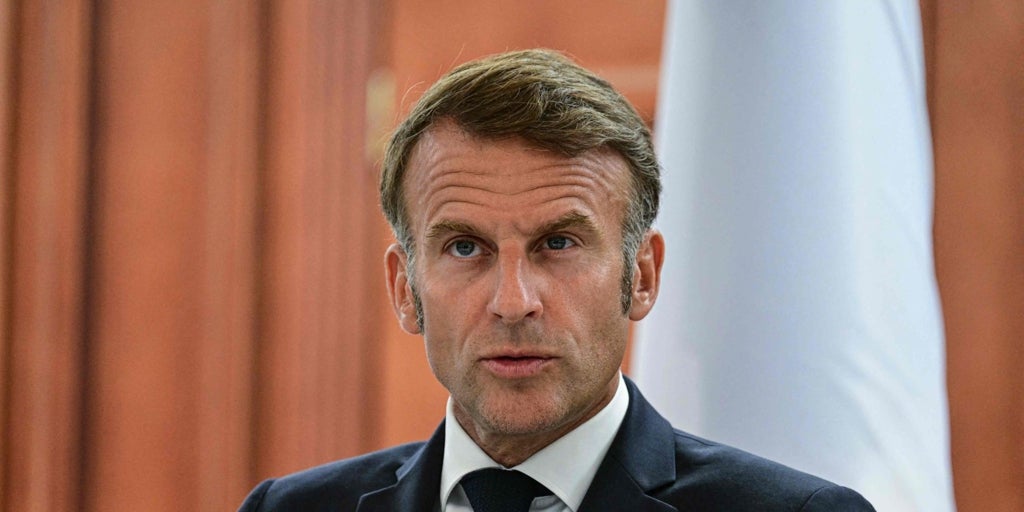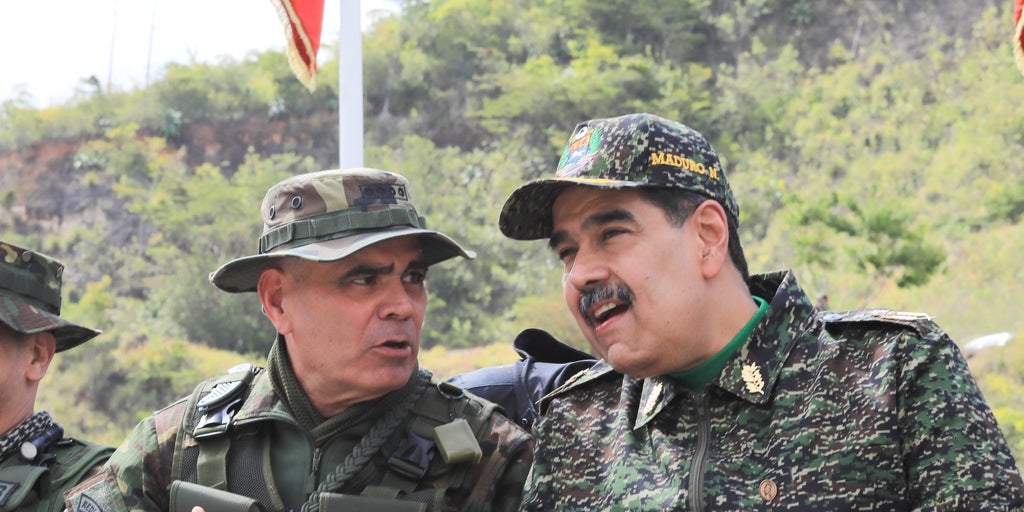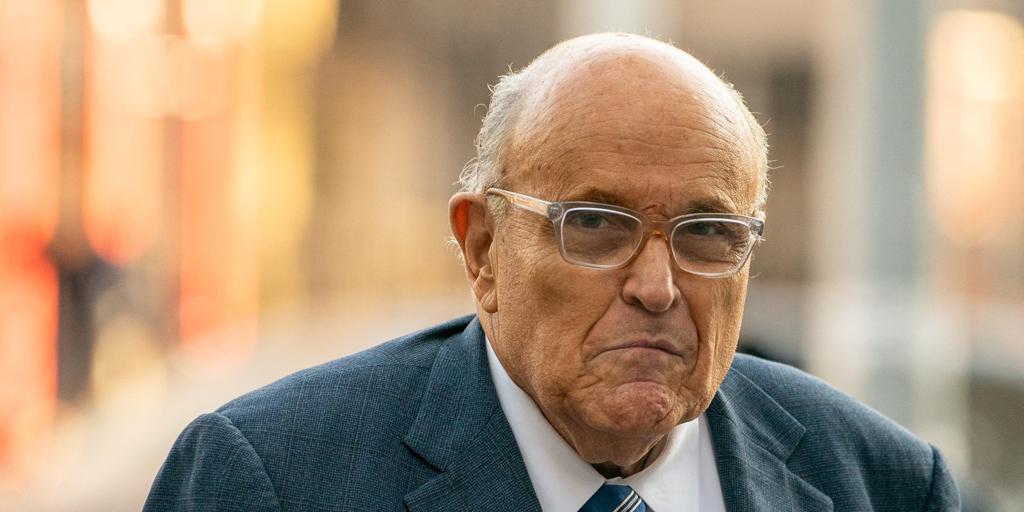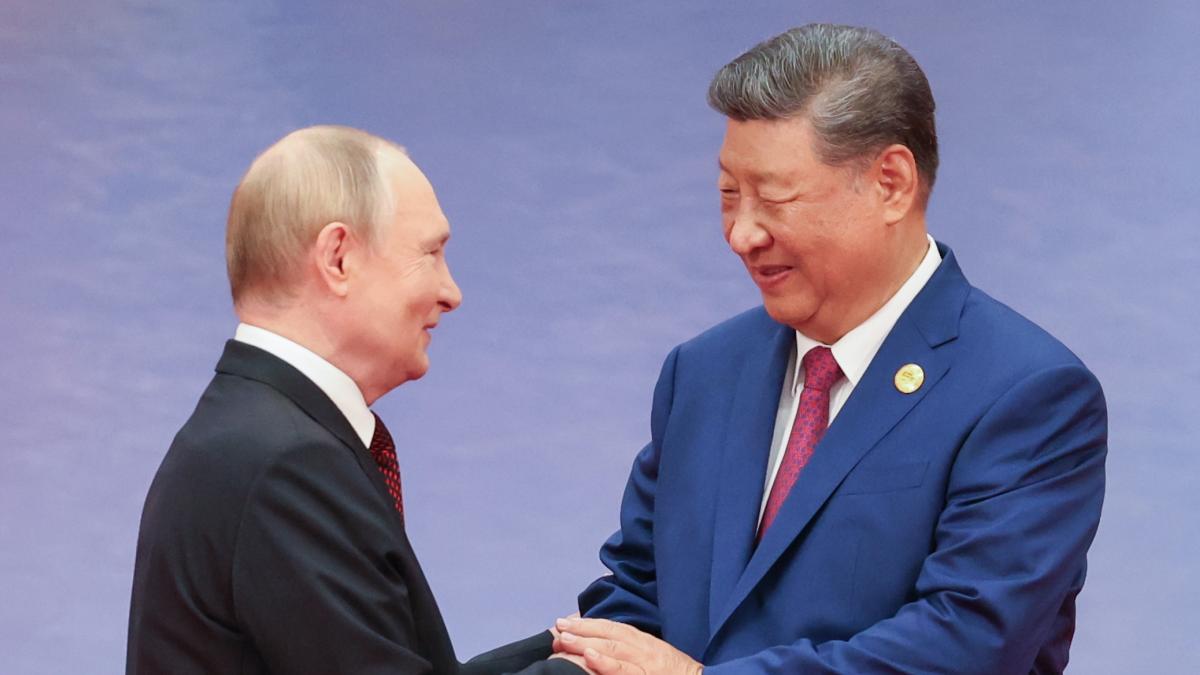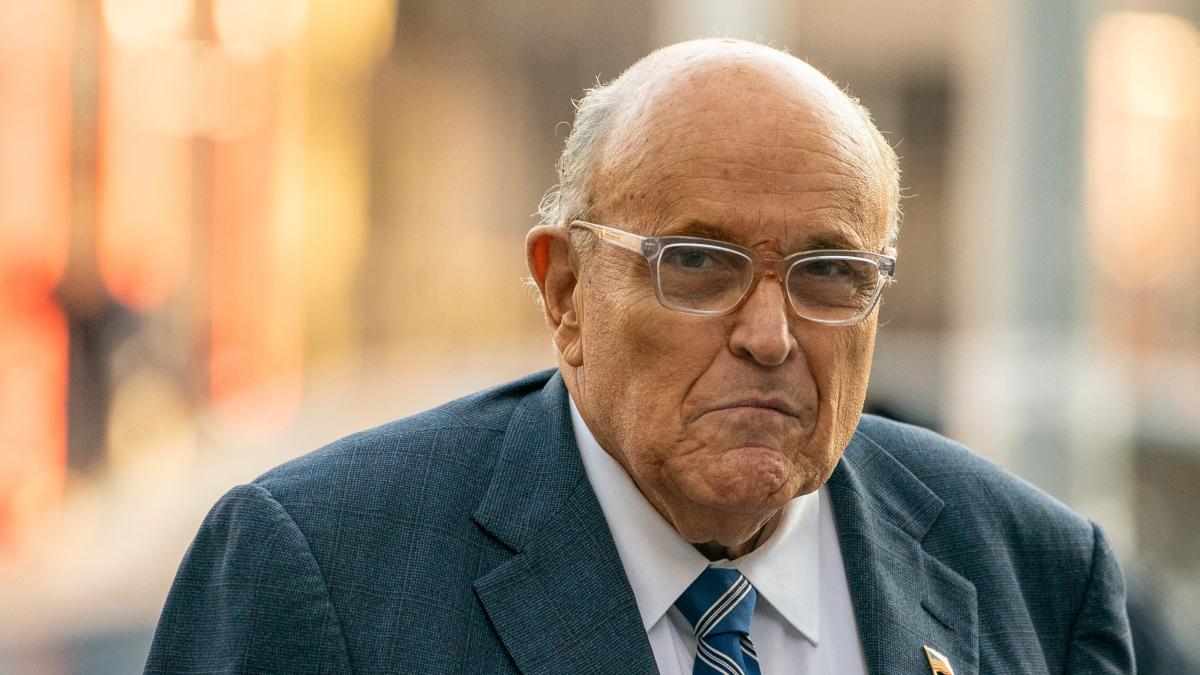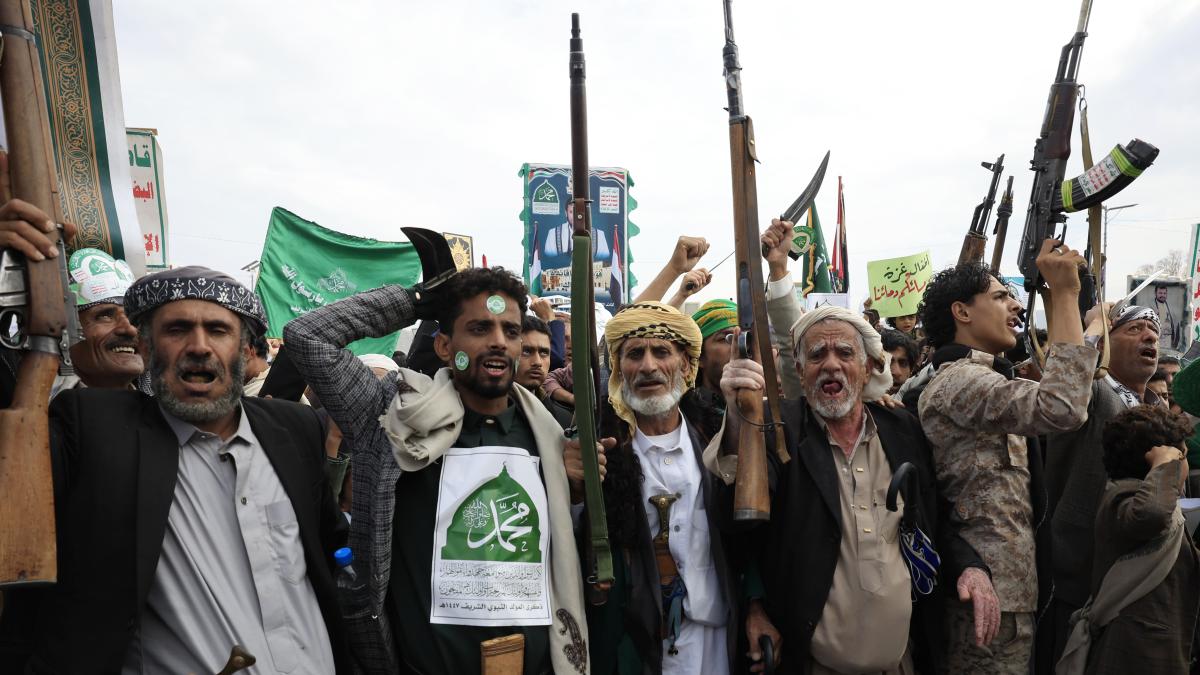In a moment that shakes the foundations of European security, foreign ministers from France, Germany, Italy, Poland, Spain, and the United Kingdom convened on Tuesday to deliver a harsh ultimatum to the Russian Federation: expect an escalation in military, economic, and financial support for Ukraine. This joint statement underscores the gravity of the current geopolitical climate, where the specter of Russian aggression looms larger than ever.
These nations articulated their awareness of the limitless challenges threatening our collective security, stating, “Russia is systematically attacking the European security architecture.” It is a powerful reminder that in this tumultuous time, complacency is a dangerous luxury.
Unmasking the Aggressive Campaign Against Ukraine
The declaration comes after nearly a thousand days of the Russo-Ukrainian conflict — a period defined by brutality, lawlessness, and a blatant disregard for international statutes. The ministers condemned Russia’s ongoing war of aggression against Ukraine, asserting that it has led to the deaths of thousands of innocent civilians while repeatedly violating established international laws.
They described Russia’s actions as reckless revisionism that challenges the very tenets of peace, freedom, and prosperity across Europe and the transatlantic community. This sentiment echoes across Europe; the fear of an unchecked Russia has ignited a fierce commitment to defend Ukraine at all costs.
A Deadly Dependence: Russia’s Ties with Iran and North Korea
In their offensive posture, the European nations also accentuated Russia’s increasing reliance on partners like Iran and North Korea, who it sees as essential players in waging its illegal war. This should concern not just the immediate region of Eastern Europe but the global community as these alliances could embolden a more lethal strategy from Russia.
The six countries reiterated their commitment to NATO’s role as a cornerstone of European defense, a statement with profound implications for the future of European security and diplomacy.
Military Aid: A Unified Front
With a unified voice, the foreign ministers announced plans to “further intensify military, economic, and financial support for Ukraine.” This pledge comes on the heels of the G7’s historic financial commitment of $50 billion to ensure that Ukraine remains resilient in the face of adversity. However, the question remains: how long can this support persist without leading to significant escalations in the conflict?
This commitment to Ukraine is not merely about financial stability; it reaffirms the resolve of Europe to stand against tyranny and aggression. The road ahead is fraught with uncertainty, but a clear message is being sent: should the aggressor persist in its violations, the consequences, both financial and diplomatic, will be significant.
The Call for a Just Peace
In an urgent declaration for peace, the ministers conveyed their unwavering support for a just and lasting resolution based on the United Nations Charter. Importantly, they emphasized that peace can only be negotiated with Ukraine at the forefront, alongside European, American, and G7 partners, a move that reasserts Ukraine’s sovereignty and agency in this extraordinary conflict.
Moreover, this joint stance reflects a growing resolve among European leaders to shift from reactive to proactive strategies when it comes to ensuring peace and security across the continent. It reinforces the importance of multilateral collaboration and the necessity for unity within NATO.
The Economic Repercussions of War
The diplomatic ramifications of this conflict extend far beyond the battlefield, affecting global markets and energy supplies, which only underscores the urgency of the situation. As European nations rally to support Ukraine better programs and targeted strategies are needed to mitigate these impacts, which are only exacerbated by Russia’s increasingly isolated economic situation.
Additionally, the ministers pointed out that the aggressor must face the consequences of its unlawful actions, emphasizing the necessity for accountability and international justice. It is here that international law must be invoked firmly to deal with violations that have scarred the Ukrainian landscape.
The Resilient Spirit of Ukraine
The resilience and bravery of the Ukrainian people continue to inspire nations worldwide. There is a growing sentiment that the fight for Ukraine transcends borders and that its struggle is emblematic of a larger fight against authoritarianism and despair. As Ukraine prepares to receive more robust support from European allies, it also calls upon the world to remain vigilant against tyranny.
As we analyze this precarious situation, the coming months will provide critical insights into whether Europe can maintain this newfound resolve and whether Ukraine’s fortitude will prevail against an unyielding foe. The battle is not just for Ukraine; it is a struggle for the ideals of freedom, democracy, and human rights that resonate across the globe.
In this age of geopolitical strife, let us not be mere spectators. The consumption of accurate information, engagement in constructive dialogue, and pressure on our leaders to support just causes is vital as we stand in solidarity with Ukraine. With the right support, Ukraine may not only emerge from this conflict victorious but could also define European stability for generations to come.

